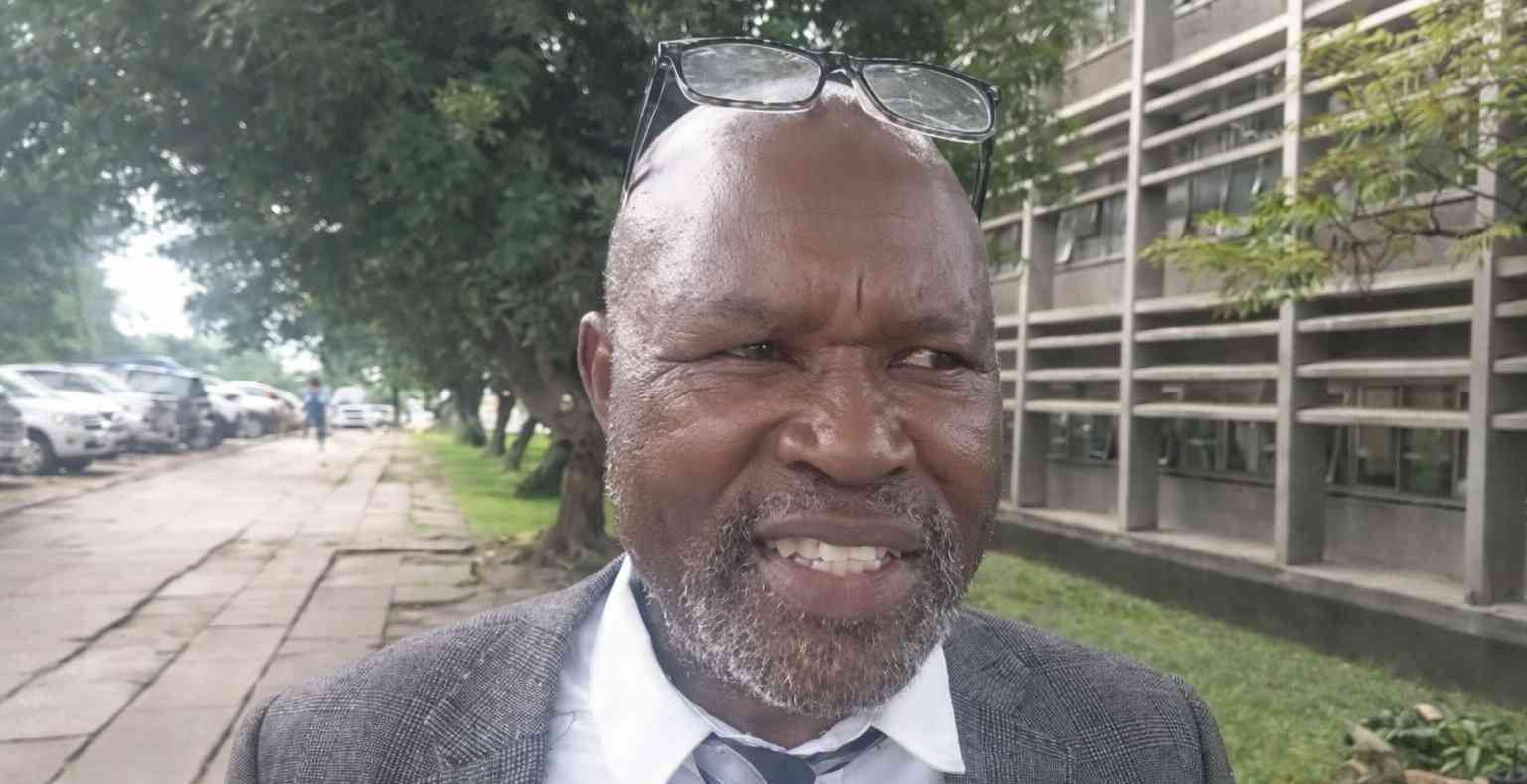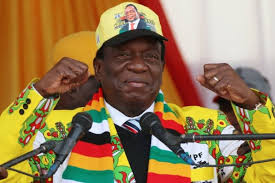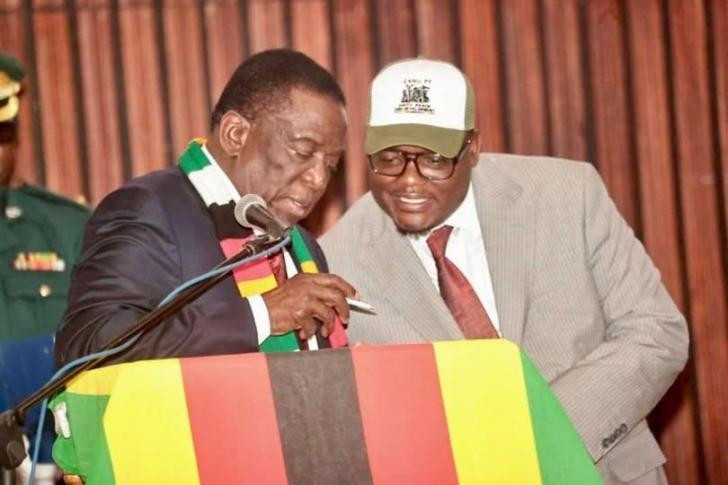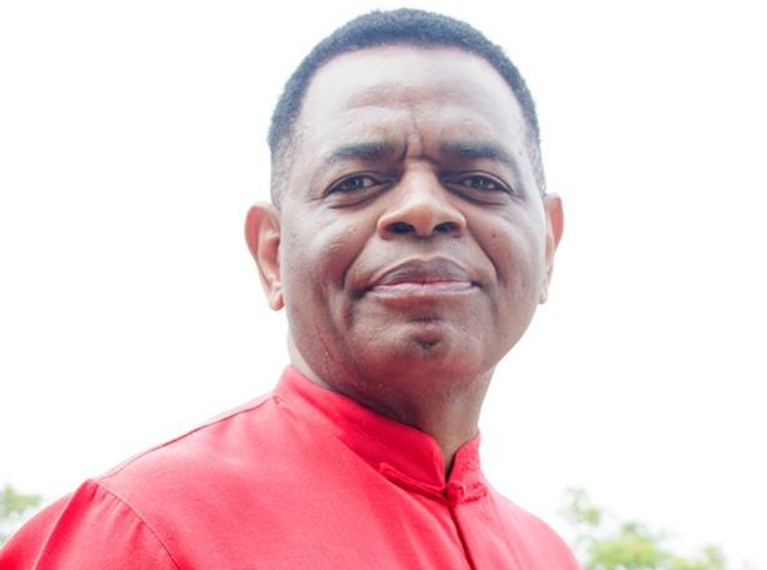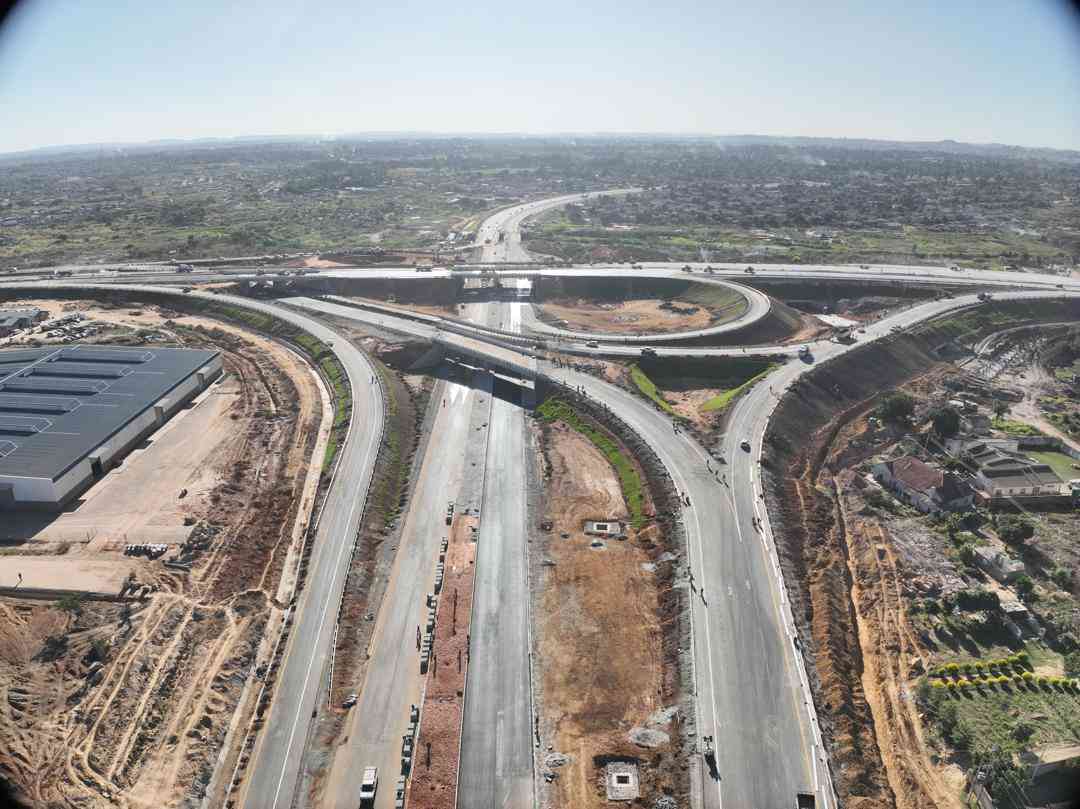
The commissioning of the Mbudzi Interchange in Harare on Friday by President Emmerson Mnangagwa was greeted by mixed reactions from Zimbabweans with some asking questions whether the project was not overpriced.
According to the government, the interchange, also known as Trabablas after Mnangagwa, cost a staggering US$88 million.
A South African engineering consulting firm, DNMZ, initially set the budget for the construction of the interchange at US$65 million before the government handed the contract to Tefoma, a consortium of three companies (Tensor Systems, Fossil Contracting and Masimba Construction).
The companies did not go through a tender system and they added US$23 million to the costs, which they said would cover detour roads, compensation for displaced property owners and professional fees, among other expenses.
Self-imposed Citizens Coalition for Change secretary general Sengezo Tshabangu recently raised the issue of the cost of the interchange in the Senate when posing a question to Transport minister Felix Mhona.
Tshabangu said: “The cost of that interchange, the figures that we have, it was quoted around US$88 million.
“In comparison to South Africa, if you go to Mount Edgecomb which is the largest in the southern hemisphere, it cost about US$77 million which is about R101.14 million.
“Let us look at the difference, the proportion, what makes our road construction so expensive in the region, yet we use the same material?”
- Chamisa party defiant after ban
- NoViolet Bulawayo’s new novel is an instant Zimbabwean classic
- Village Rhapsody: How Zimbabwe can improve governance
- News in depth: Partisan police force persecutes opposition, shields Zanu PF rogue elements
Keep Reading
Mhona’s response was not convincing as he mumbled something about Zimbabwe being under sanctions. When the interchange was under construction there were allegations that some house owners that were displaced by the project had overvalued their properties for the purposes of compensation.
Two men were also arrested for allegedly conning the government of over US$200 000 after they allegedly forged papers to claim ownership of a property that was destroyed to make way for the interchange.
It is possible that there were other fraudulent claims that were not dictated and this is why an audit is necessary to ascertain if the government got value for money in that project.
The fact that the companies that constructed the interchange were hand-picked is a red flag on its own. An audit would help the government to draw lessons for future uses in projects of that magnitude.
The attitude of the authorities has been swat away questions from concerned Zimbabweans on claims that they are being cynical yet they are trying to foster a culture of transparency in the use of public resources.

